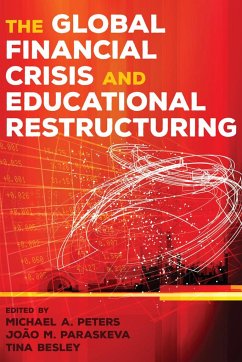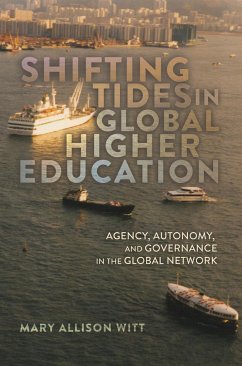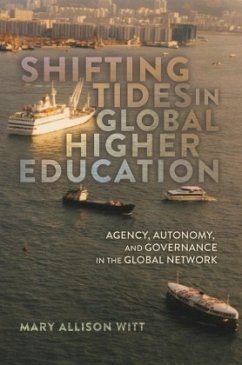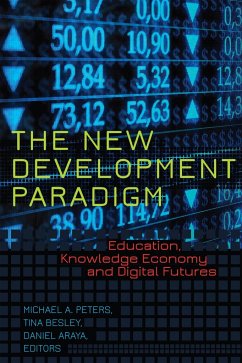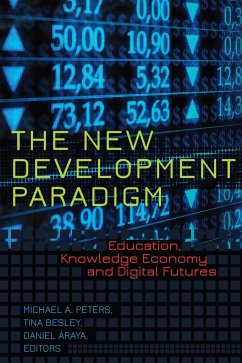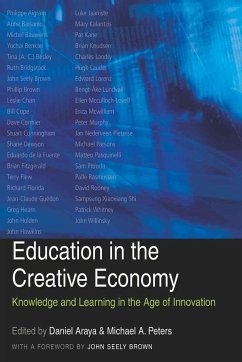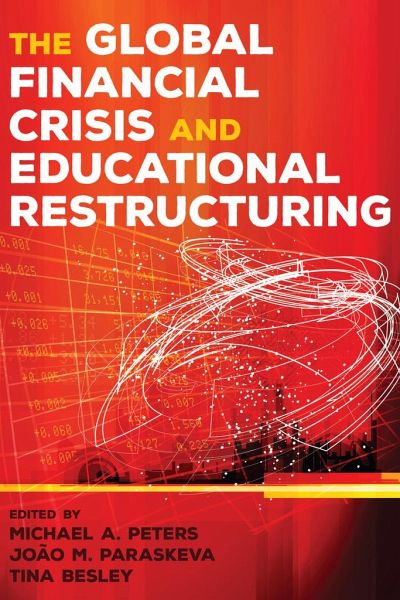
The Global Financial Crisis and Educational Restructuring

PAYBACK Punkte
0 °P sammeln!
The worldwide integration and globalization of finance, an aspect of "financialization", coincided with the rise of market-oriented neoliberalism promoting free trade and privatization strategies. New Internet-based technologies have reinforced financial market integration, creating a fragile, globally integrated financial ecosystem that poses new systemic risks and contagion effects characterized by excessive borrowing and ballooning debt, massive asset bubbles, a huge shadow banking system, and financial innovation leading to collateralized debt obligation and securitization. Public educatio...
The worldwide integration and globalization of finance, an aspect of "financialization", coincided with the rise of market-oriented neoliberalism promoting free trade and privatization strategies. New Internet-based technologies have reinforced financial market integration, creating a fragile, globally integrated financial ecosystem that poses new systemic risks and contagion effects characterized by excessive borrowing and ballooning debt, massive asset bubbles, a huge shadow banking system, and financial innovation leading to collateralized debt obligation and securitization. Public education has been at the core of neoliberal privatization strategies and financialization with the trillion-dollar blowout of student loans. Education, once considered a national and global public good tied to the creation of knowledge and the basis of a just and democratic society, has undergone a profound transformation and financial restructuring. This collection of essays by a range of international experts addresses the root causes of this massive change, analyzing the growth of finance capitalism and financialization, as well as the financialization of education and its consequences. The book is a valuable resource for classes in educational reform, education policy, higher education, and educational finance.




